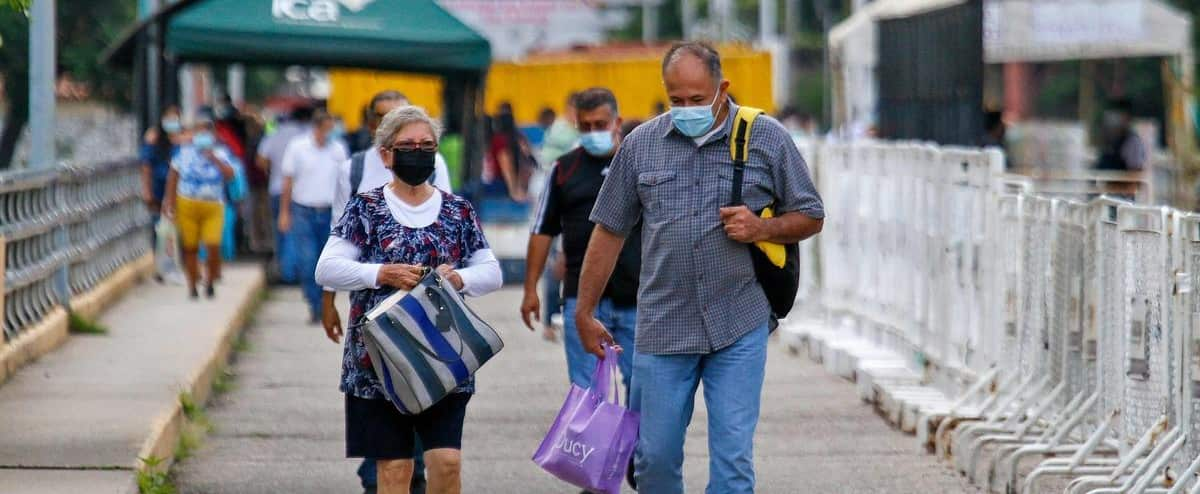The International Monetary Fund’s regional director warned Thursday that the negative effects of the pandemic in Latin American and Caribbean countries in terms of growth, employment and human capital, could “take many years before they are reversed.”
• Read also: COVID-19: Moscow prepares to close non-essential services
• Read also: Between 80,000 and 180,000 healthcare professionals died of COVID-19 between January 2020 and May 2021
“Growth in much of the region is not returning to the path we envisioned before the pandemic,” said Nigel Chuck, marking the release of the International Monetary Fund’s regional outlook report.
He raised the possibility that it would take more than five years before GDP growth returned to pre-crisis rates.
The corporation raised its 2021 growth forecast for Latin America and the Caribbean to 6.3%, a 0.5 percentage point increase over its July forecast.
But for 2022, it revised its forecast to 3% (-0.2 points).
This year, the recovery has continued but not to the point of erasing the historic recession (-7%) recorded in 2020 in the region. Globally, the contraction in GDP was much lower (-3.1%).
As is the case globally, recovery is also uneven.
Young, less educated and women are bearing a “heavy burden,” Chuck comments, noting that the stakes are magnified.
Hence, he emphasized that poverty had been exacerbated in particular “in the whole region”. “The middle class is in an increasingly precarious position,” he said.
He also lamented, “The environment, in particular, in many Caribbean countries remains very difficult.”
“Tourism in the region is expected to grow only slowly and (…) the number of visitors this year is likely to reach only about 60% of the pre-COVID-19 level,” he adds.
In this context, the IMF recommends setting “ambitious policies”, improving the efficiency of public spending, promoting a “progressive tax system conducive to growth” or even increasing enterprise investment. to combat climate change.
In a separate climate report also released Thursday, the fund noted that this region is one of the most diverse in terms of climate-related risks.
Globally, Latin America and the Caribbean region produces greenhouse gas emissions commensurate with its economic size and population: emissions represent 8.4% of global emissions against a weight of 8% of global GDP.
But it covers a significant contrast with Brazil, Mexico and Argentina being the largest emitters and the economies of the Caribbean accounting for a marginal share.
And while this region as a whole is less vulnerable to climate change, “there are pockets of extreme vulnerability,” even the Caribbean is one of the most vulnerable regions in the world.
The report’s authors noted that these countries are already distinguished “in terms of the frequency of natural disasters and their economic impact by region.”
In the Caribbean, damages from natural disasters account for 2.5% of GDP annually, “affecting large sectors of the economy and population,” putting severe strains on public finances.
also to see

“Extreme twitteraholic. Passionate travel nerd. Hardcore zombie trailblazer. Web fanatic. Evil bacon geek.”

